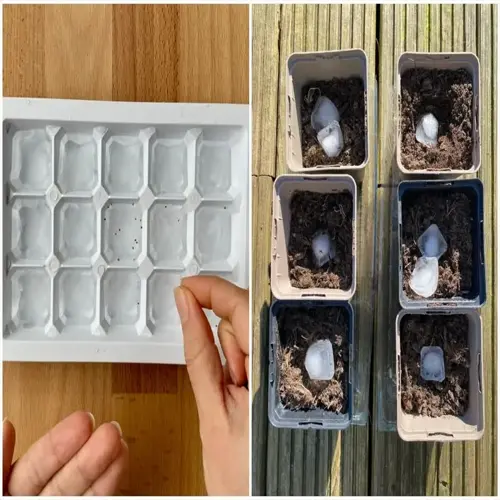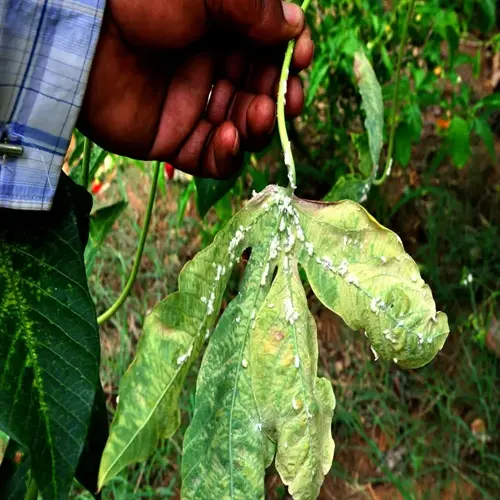What are organic solutions for common tomato pests?

Written by
Liu Xiaohui
Reviewed by
Prof. Martin Thorne, Ph.D.Tomatoes can be safeguarded from pests while preserving beneficial insects through organic pest management. At dawn, hornworms are easily spotted, so handpicking is successful. Apply neem oil treatment to aphids every 3 days. Surround the plants with diatomaceous earth to discourage any crawling pests. You can also use companion planting to provide a natural barrier of protection from invaders.
Physical Removal
- Handpick hornworms daily with gloves
- Blast aphids off with water spray
- Use yellow sticky traps for whiteflies
Biological Controls
- Release ladybugs to eat aphids
- Encourage lacewings for caterpillar control
- Attract birds with feeders for hornworms
Neem oil effectively breaks the life cycle of pests. Use 2 tbsp per gallon of water with dish soap. Spray the undersides of the leaves, as that's where insects love to hide. I spray in the morning because it can damage plants when exposed to the sun. Apply after rain. This regime kept my tomato plants aphid-free all summer!
Companion plants make living pest barriers. Basil repels thrips and enhances the flavor of tomatoes. Marigolds repel nematodes with their root secretions; I love inserting them in between every tomato. Nasturtiums lead aphids away from tomatoes. Garlic can help naturally deter spider mites.
Diatomaceous earth is effective against crawling insects. Dust food-grade powder around the base of your plants. Reapply after watering or rainfall. This fossilized algae will pierce the insect exoskeletons. You should wear a mask when applying. Leaves are ineffective when wet, so you must be very careful with timing.
It is always better to prevent pests than to eradicate them. Check plants daily, especially the undersides of leaves. Remove diseased leaves right away. Rotate crops every year to break a pest's cycle. Healthy tomato plants are more resistant to pests. Identify combinations of methods that provide the most effective overall protection against persistent pests.
Read the full article: 8 Common Problems With Tomato Plants and Solutions

